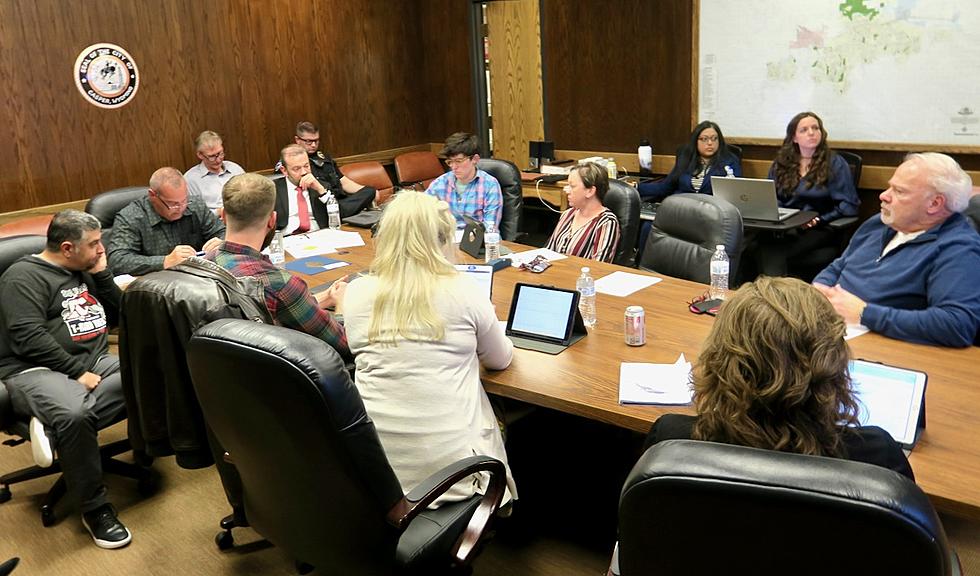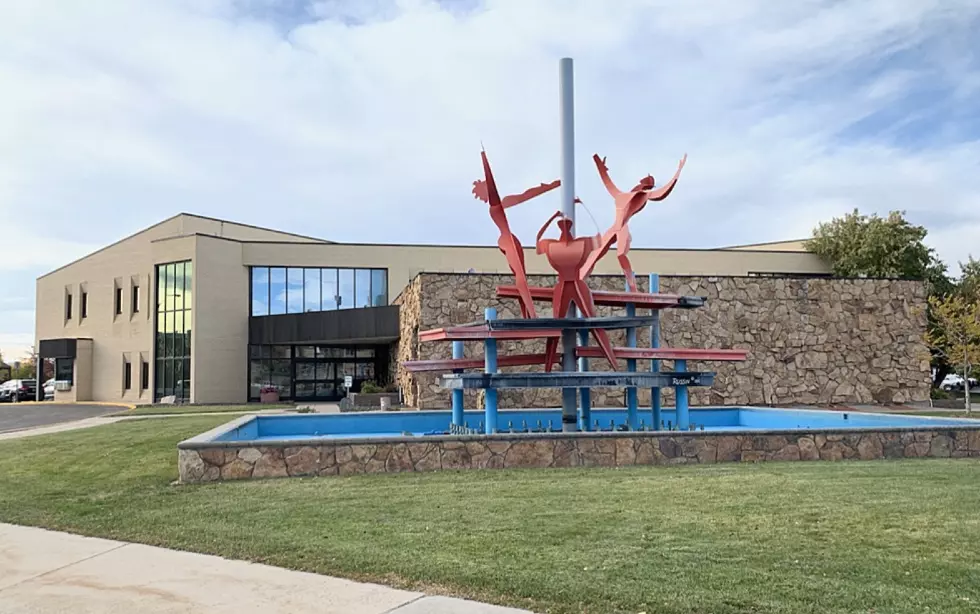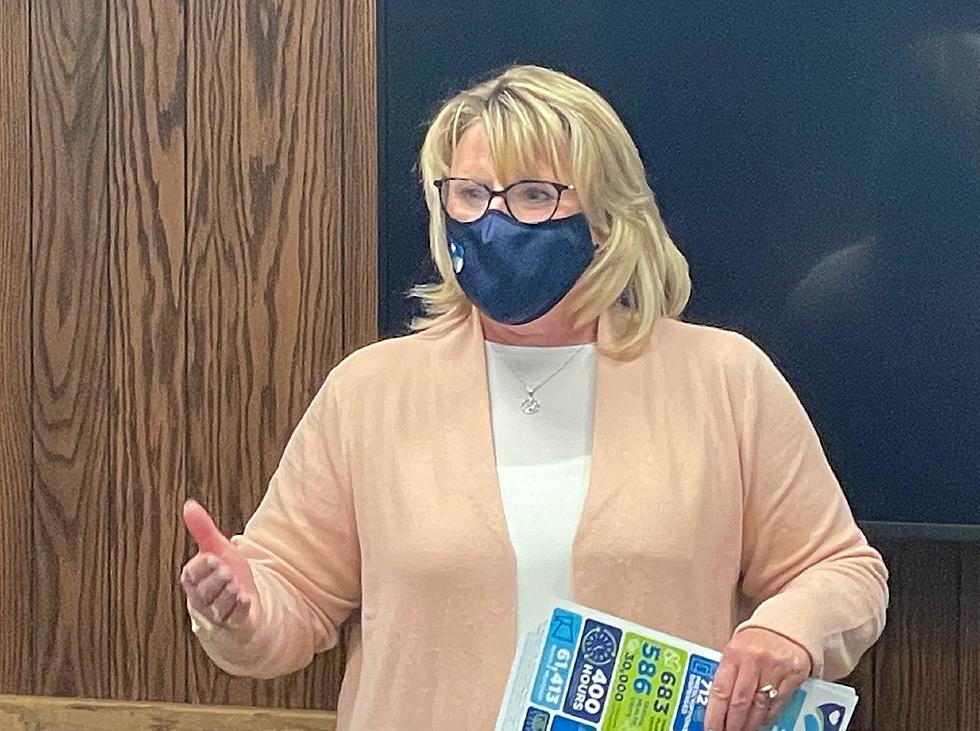
CAEDA Outlines Finances, Some Casper Council Members Aren’t Impressed
The local, publicly funded economic development organization made its long-awaited formal presentation last week of how it spends the money it receives from the city after months of demands by the Casper City Council.
Charles Walsh, the chief executive officer of the Casper Area Economic Development Alliance, talked about the organization's finances at a work session, but said more about its accomplishments and its efforts to be pro-active in an economy recovering from the energy bust.
However, two council members were not impressed -- not by what was said but by what wasn't.
"This is nice, but it's not sufficient," Amanda Huckabay said.
Likewise, Laird said, "I'm going to consider this a very good first late step, but I really want to know how our money is spent to the penny."
Casper City Council had been asking CAEDA for months to show its finances.
So at a work session last week, Walsh supplied a brief spread sheet of CAEDA's finances that only listed public funding and not private funding through its Forward Casper program in which businesses donate $10,000 each to participate.
As a result, a lot of line items were left blank.
The non-profit CAEDA was formed in 1987 as a joint venture for economic development in 1987. The City of Casper allocates $400,000 and Natrona County allocates $100,000 to the City-County Economic Development Joint Powers Board, which in turn directs the money to CAEDA.
The public and private funds are not commingled, Walsh said.
Walsh said that and other revenues, such as interest income and those from the Bishop rail car facility east of the airport, total nearly $560,000.
Of that, CAEDA spends about $318,000 for salaries, $101,000 for operations, and $79,000 for marketing.
Walsh said he makes $132,000, but he would not say how much the other three employees make because he said it would not be fair to them. But the difference divided by three averages equals about $60,000 a year, he said.
Walsh also detailed CAEDA's office and other expenses; its efforts to develop wind energy; its influence in recruiting two businesses with 50 total new jobs; and achievements this year including hosting site visits for prospective businesses, partnering with Casper College to create a scrub tech program; and promoting infrastructure projects and the David Street Station.
Laird wanted more.
People can find out how much each city employee makes, but they can't find out how much publicly funded CAEDA employees make, Laird said. "When we pay out city money, I believe it's our duty to find out exactly how that money is spent."
Walsh said making that private information public would not be helpful in creating what he called a "high performing functional team" of CAEDA staff. He added he disclosed all that the CAEDA board of directors allowed him.
Walsh said he would need to talk to his board of directors who would tell him if he can share the salary information.
Laird responded the city council under the state constitution has the responsibility to know that information.
Besides not disclosing salaries, CAEDA has not been faithful to its contract to make financial reports to the city every three months, he added.
More From K2 Radio









